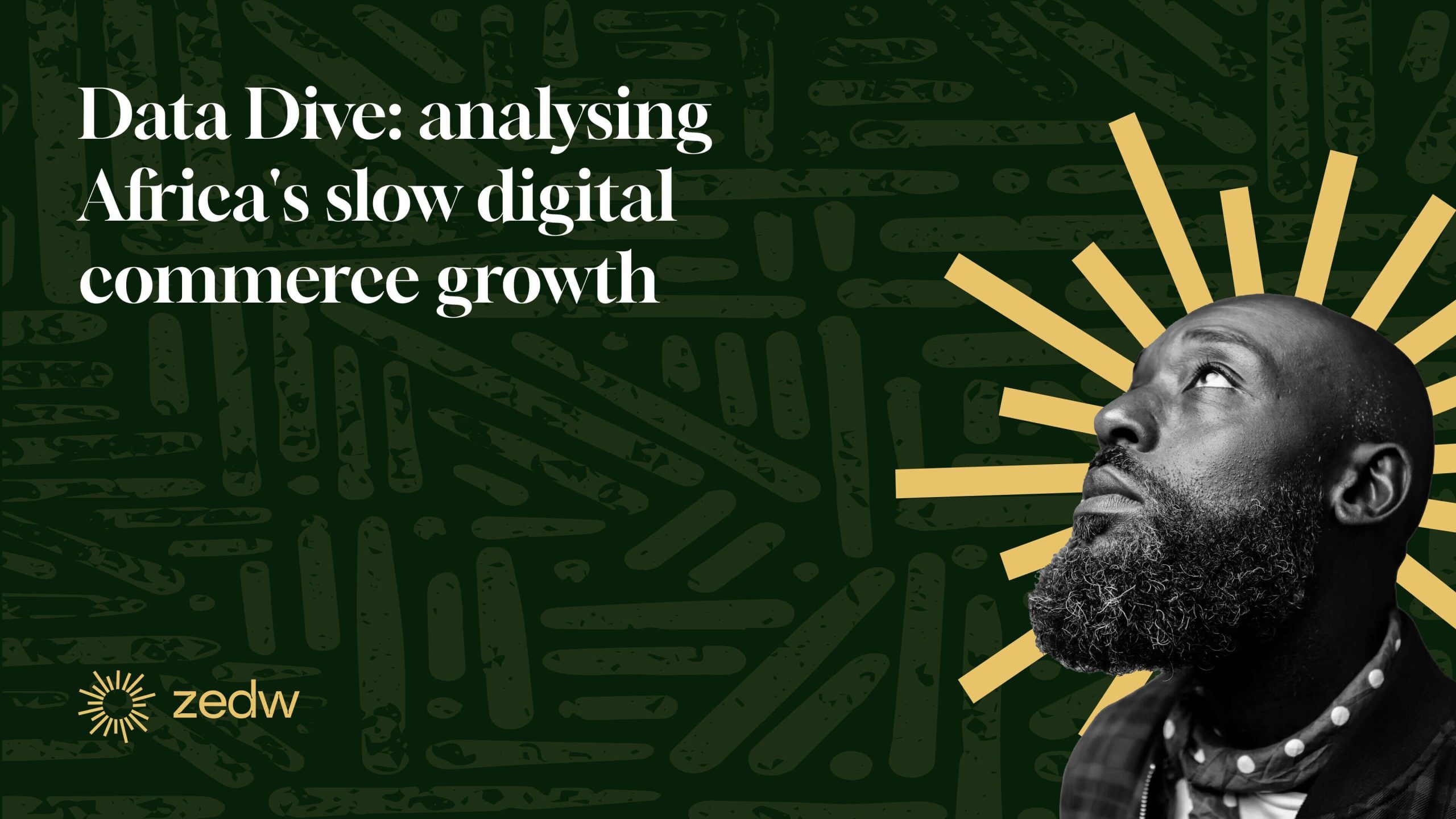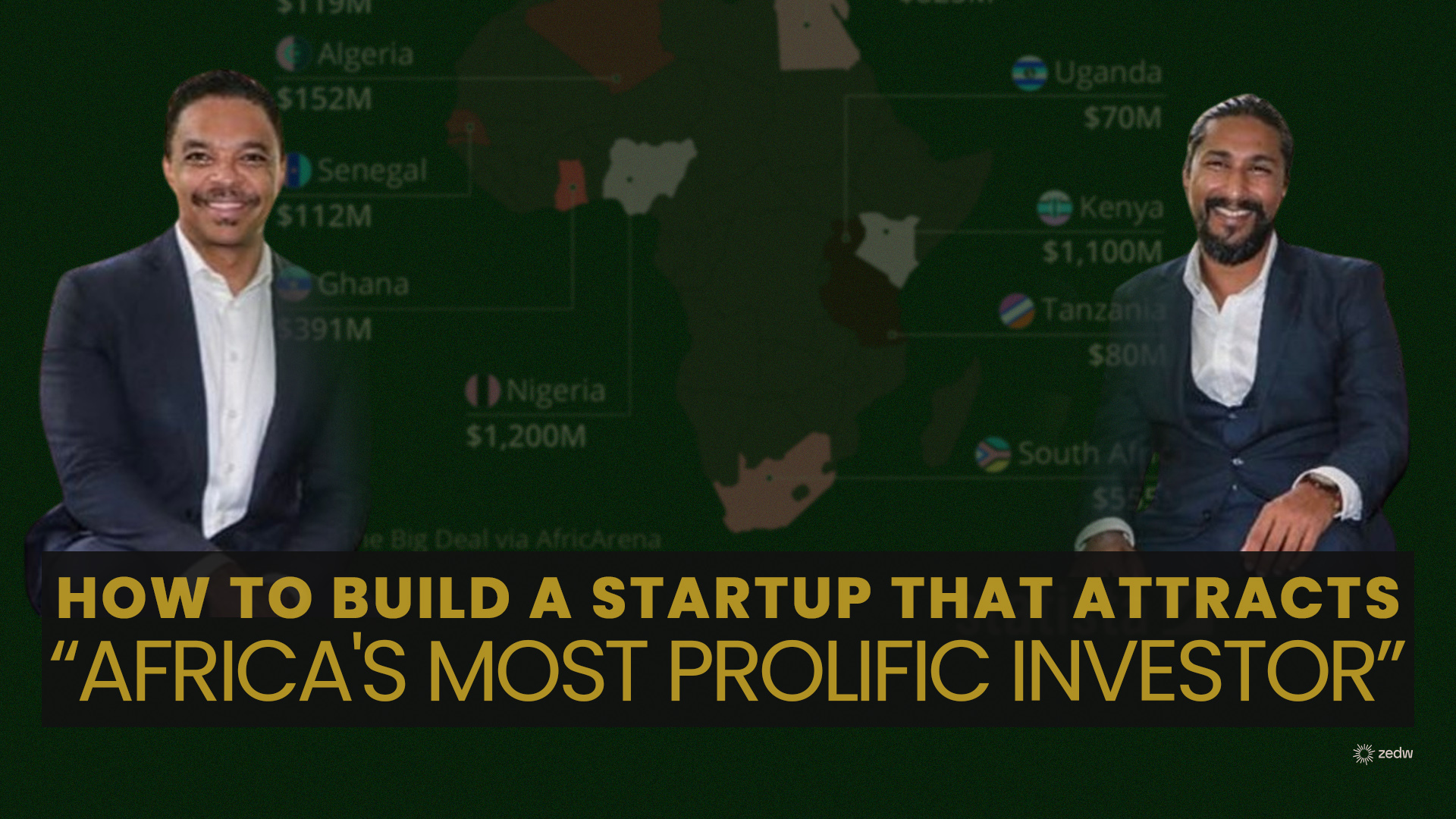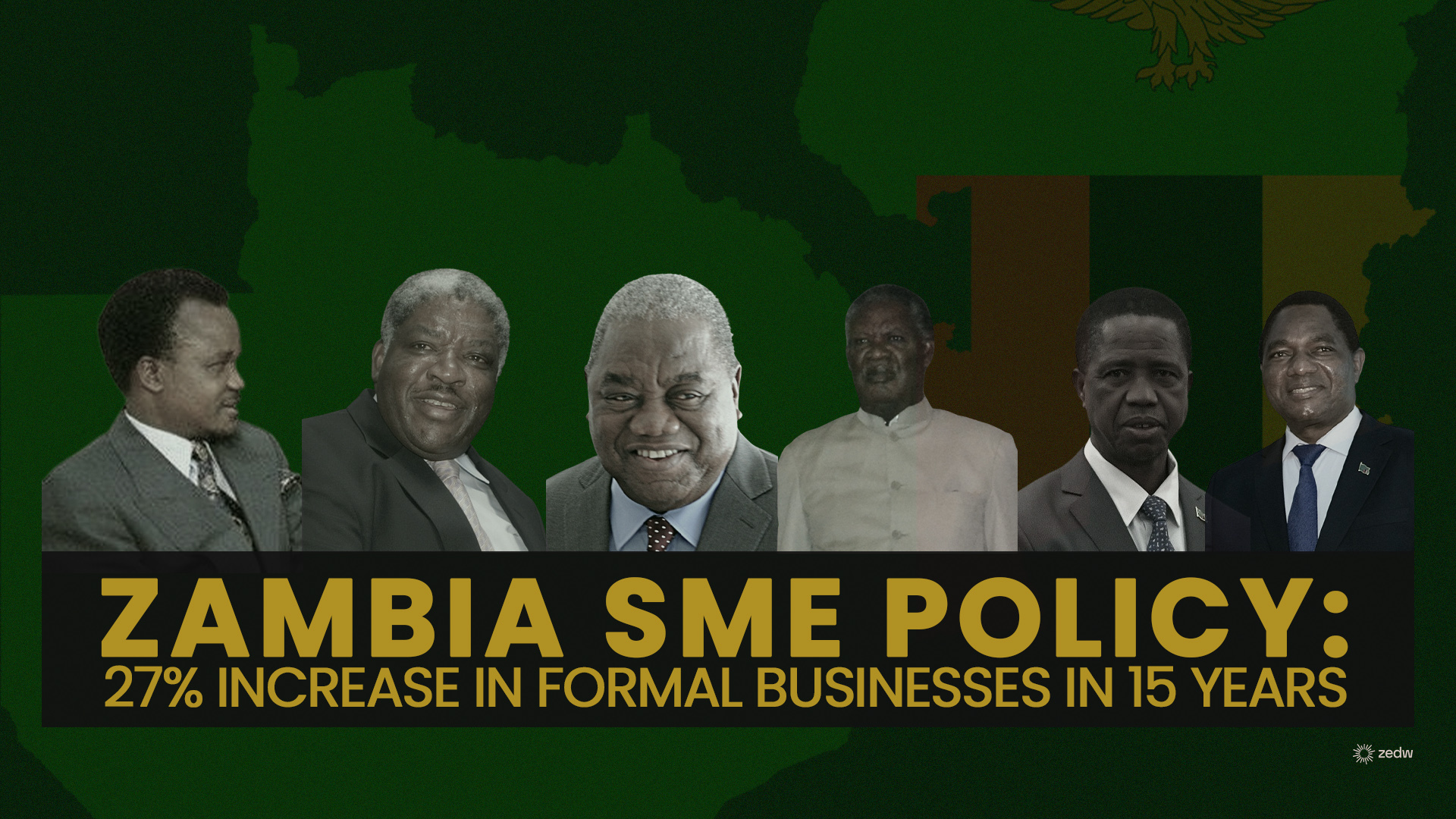Roughly a week ago, I sat across Valentine (founder of Dotzedw) in a cafe and we were having what can be described as a semi-heated discussion… I say semi-heated because any onlooker in the cafe would have certainly thought we were arguing but things are not always as they seem. What may have looked like acrimony was in fact just a passionate discussion about Africa’s startups and the opportunity available on the continent.
I’ll admit with a tiny bit of shame that it was a bit early for us to be having drinks and perhaps that might have contributed to the passion on display but there we were – Valentine with his Gin and cranberry juice in hand and Amarula on ice in mine- intellectually sparring until a third party brought up a question that stopped both of us in our tracks…
It was as if this guy was tired of our high-sounding discussion because he asked a question we both didn’t have an answer to. As he left the cafe he simply half-suggested and half-asked, “South African startups seem to exit early. Why is that so?” It was as if he knew we didn’t have an answer because he didn’t wait for one. He asked – continuing in his stride and left us rubbing on our chins as though we were pharisees who had been asked yet another trap question by Jesus.
A room and an elephant…
After leaving the cafe I set out to get to the bottom of this question but quickly realised this would be no easy feat. It’s generally hard to define what constitutes an early stage exit and I initially wanted to use the 5-year mark as a cut off point but it will soon become apparent why that’s problematic…
Broadly though early exits are situations where a startup sells its business or assets to another company before reaching its full potential or achieving its long-term goals. There is no clear-cut definition of what constitutes an early exit, as it depends on various factors such as the stage, size, sector, and valuation of the startup, as well as the expectations and motivations of the founders, investors, and acquirers.
Some common indicators of an early exit are:
- The startup has not reached product-market fit, profitability, or scalability;
- The startup has not raised significant amounts of funding or generated substantial revenues;
- The startup has not expanded to other markets or regions
- The startup has not developed a strong competitive advantage or brand recognition
- The startup has not achieved its social or environmental impact objectives
One of the most common reasons why founders exit their startups early is to pursue a bigger vision or a more impactful mission. For example, Mark Shuttleworth, the founder of Thawte, a leading internet security company, sold his business to VeriSign for $575 million in 1999. Thawte had been in existence for 5 years at the time of the deal. He then used his fortune to fund his space travel as the first African in space, and later founded Canonical, the company behind Ubuntu, one of the most popular Linux distributions. Shuttleworth said that he sold Thawte because he wanted to do something more meaningful and challenging than running a successful company.
Is the assumption true?
To get a sense of the nature of startup exits and whether or not activity occurs in the early phases we looked at data from a number of sources on the nature of startup funding rounds in South Africa over the last two years.

At this point in time I thought – Mr Third Party (3P) was onto something… Whilst this doesn’t actually determine whether founders were exiting or not the assumption is if there is more activity in earlier funding rounds then maybe it’s fair to assume that there are more exits occuring at these stages as well since equity dilution is starting pretty early. In the landscape illustrated above a founder might be better of getting a check early and leaving than they are sticking around as their ownership and ability to execute their vision might get compromised
The next port of call was to look at the exit volumes and for that I turned to Southern African Venture Capital and Private Equity Association (SAVCA). SAVCA’s Venture Capital industry survey took note of the number of exits along with the profitability. From the numbers below you could also see why the argument that the profitability tends to be hard to come by and therefore that’s another motivating factor for founders/investors to sale:

The natural next stage of testing this hypothesis was to check if a similar pattern would emerge if we looked at continental and global data. A big difference emerged immediately as it became clear that on the rest of the continent – preSeed funding is a big deal as it makes up around 30% of deals (South Africa preSeed rounds make up around 10-12%) of deals. This might suggest that compared to continental rivals South African startups are actually taking money later (which counters Mr 3Ps hypothesis). On the continent around 70% of funding rounds are Pre-Seed and Seed rounds, whilst in South Africa those 2 categories only made up 40-54% of deals.

Interestingly, Disrupt Africa explicitly mentioned that most late-stage activity on the continent could be attributed to South Africa and highlighted that one of the benefits of South Africa to the ecosystem was the later stage activity of funding rounds in the country
South Africa does have its merits, such as the higher prevalence of mid and later-stage funding, but the country’s ecosystem could do with a renewed burst of energy that is unlikely to be forthcoming given prevailing macro-economic conditions within the country.
Disrupt Africa State of Africa’s Startup Funding | 2022
The next point of reference is the global trend which again suggests that most deals generally occur early in the cycle’s of startups.

When you think about it – it makes sense that there would be more activity in earlier phases given that deal tickets are lower and investors get to capture more value in these phases than in later stages.
At this point I thought to explore – the value of these deals but I felt that it wouldn’t help us answer our question regarding early exits. If anything it would only muddy the analysis since late stage deals tend to be high-value deals given the positioning of the startup (i.e it has found a market and prior investors want to exit only for the most attractive of terms.
Ultimately though the bigger breakthrough was when we looked at the average exit times. According to Crunchbase data, the median time from founding to exit for South African startups that exited between 2015 and 2021 was 6.5 years. This is slightly lower than the global median of 7 years, but higher than the African median of 5 years.

Based on these metrics, one could argue that South African startups do not exit too early compared to their regional counterparts, but they do exit earlier than global counterparts. However, these metrics do not capture the full picture of the exit landscape, as they do not account for other factors such as the quality, quantity, and diversity of exits, as well as the impact and outcomes of exits for all stakeholders. That’s the best I can do Mr 3P, but something interesting did come up in all the research…
Mergers and acquisitions
When isolating for South Africa what can be said confidently is that the country leads the rest of the continent when it comes to mergers and acquisitions. This makes sense because South Africa has a more diverse economy which allows for players like banks and corporates to buy into startups which isn’t as common.
The more developed African startup ecosystems, unsurprisingly, lead the way here. South Africa saw nine acquisitions in 2021, accounting for 28.1 per cent of the total. The country also led the way in 2020, with 35.7 per cent of deals. It continues to be the location most likely to produce news of acquisitions, being the only country in Africa to have recorded multiple acquisitions annually over the last seven years since Disrupt Africa data began.”
Disrupt Africa State of Africa’s Startup Funding | 2021
General, there are two main types of “acquisition” within Africa’s startup space – bonafide buyouts where a larger corporate entity acquires a smaller business in order to subsume a potential competitor or add to their offering; or startup-on-startup deals, which in reality are usually more akin to mergers.
In the context of South Africa there seems to be a number of reasons leading to the popularity of such deals. Firstly South Africa has a more mature startup ecosystem. As one of Africa’s big four startup markets the country’s startups received $329,7 million in startup funding just last year. This means startups in that funding pool can actually afford to out and acquire other startups and strengthen their position in the market. In 2022 Yoco acquired Nona Digital in order to gain access to Nona’s talent pool. Talent acquisition & product diversification are big draws when it comes to motivations for mergers.
Legislation also plays a part in incentivising acquisitions and mergers in South Africa. From 2009 until 2021, there was a tax incentive (Section 12J) was set up to encourage venture capital investment in the country. It allowed wealthy individuals to write-off their taxes against investing in early stage startups. Whilst the impact of the legislation is oft-debated it’s a signal of a government that is actively trying to engage and encourage startup growth – something which can’t be said for other countries on the continent.
Another motivation we’ve seen inform mergers/acquisitions in South Africa is improved access to markets. A startup may acquire another startup that has established or penetrated a customer base, a geographic region or a niche segment that can increase its revenue or market share. Alternatively, a startup may merge with another startup or a complementary business that can offer new products or services, cross-sell or upsell opportunities, distribution channels or partnerships that can broaden its market reach. In 2017, Kazang (a value added services startup) acquired a 49% stake in Sandulela Technology a prepaid electricity wholesaler. This allowed them to offer prepaid electricity vouchers in rural areas where they previously had no reach.
Below are some examples of Mergers and Acquisitions out of South Africa:
| Acquiree | Acquirer | Core competencies/focus | Date | Motivation for the deal |
| SweepSouth | Naspers | SweepSouth is an online platform that connects domestic workers with households and businesses. Naspers is a global internet and media group that operates in more than 130 countries. | June/2022 | The deal was part of Naspers’ strategy to invest in African tech startups that have the potential to scale and create social impact. The acquisition also enabled SweepSouth to accelerate its growth and expansion across Africa and beyond. |
| Luno | Digital Currency Group | Luno is a cryptocurrency exchange and wallet platform that operates in over 40 countries. Digital Currency Group is a global leader in building and investing in blockchain and digital asset companies. | September/2021 | The deal was motivated by the growing demand and adoption of cryptocurrencies in Africa and other emerging markets. The acquisition also allowed Luno to access more capital, resources, and partnerships to enhance its products and services. |
| Payfast | DPO Group | PayFast is an online payment gateway that enables merchants to accept payments from various methods and platforms. DPO Group is a leading pan-African payment service provider that operates in 19 countries. | July/2021 | The deal was part of DPO Group’s strategy to consolidate its position as the largest online payment platform in Africa. The acquisition also gave PayFast access to more markets, customers, and payment options. |
By global standards it’s reasonable (but not entirely accurate) to say that South African startups exit early. The truth though is that most African startups are considered to exit early but from a continental perspective South Africa is actually one of the few markets considered to exit late. It’s all about perspective as they say…
Featured image – RDNE Stock Project | Pexels








